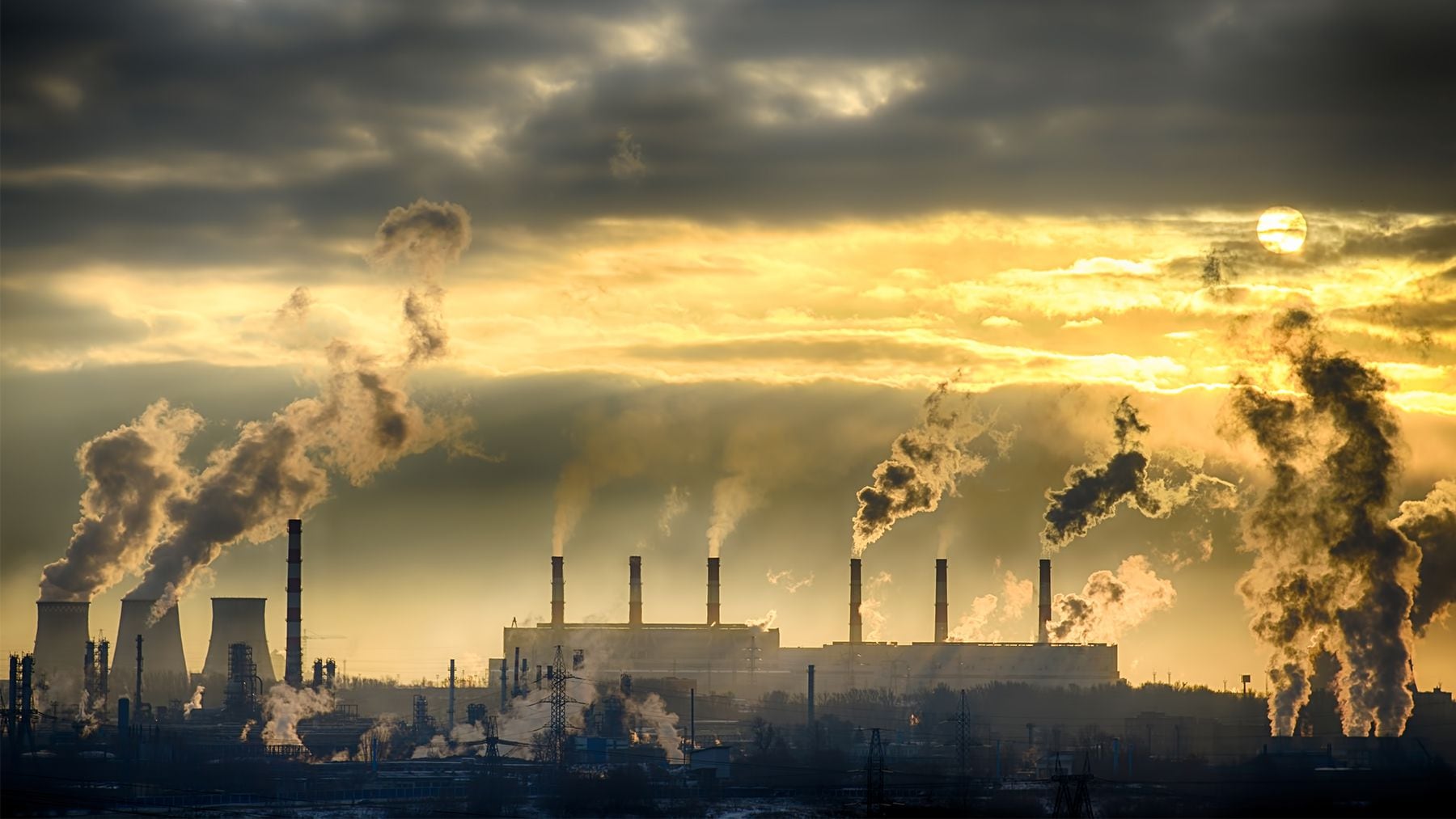
In 2018, a group of fashion companies pledged to halve the planet-warming emissions associated with their business by 2030, launching the UN Fashion Charter for Climate Action at that year’s COP climate summit.
Five years on, many of the biggest signatories have managed to shrink their environmental footprint, but their overall pace of progress remains mostly off track to meet the end-of-decade target, according to analysis of 14 signatories by climate advocacy group Stand.earth.
Nine of the brands, including Kering, Nike, Puma and Inditex saw their overall emissions decline between 2018 and the end of 2022, but only Levi’s, Kering, Ralph Lauren and Gap are on a trajectory to reduce emissions enough to achieve their 2030 commitment, the analysis found.
Meanwhile, most brands saw their emissions rise again between 2021 and 2022, jeopardising the progress of even those businesses that are currently in a position to meet their climate targets. The report found fast fashion brands are showing more steady progress than luxury or athletic businesses, with Chanel, LVMH and Lululemon all reporting an increase in manufacturing emissions from their baseline year of 2019.
Learn more:
Brands Know How to Curb Their Climate Impact. Why Won’t They Do it?
The actors with the most leverage to tackle the challenge are structurally unwilling to change, writes Kenneth P. Pucker.



